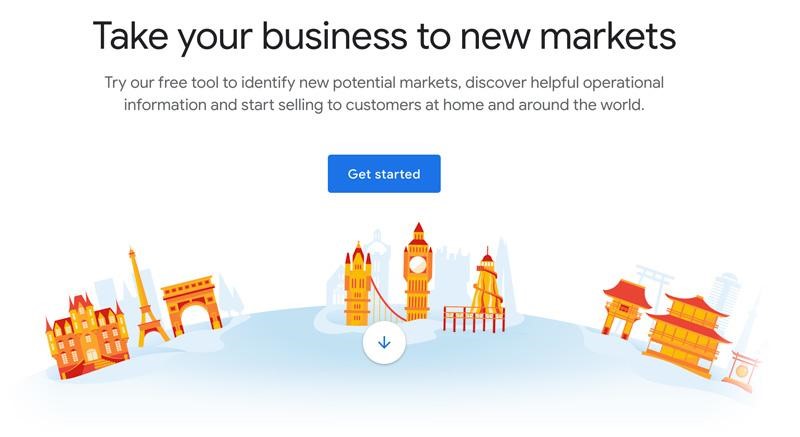Market research is vital for understanding consumer behaviors, so you can refine and improve your business accordingly. One essential market research technique is keyword research. This method allows marketers to discover the keyword phrases consumers use when searching for information or shopping for products. But, how does a marketer know which keywords they use? In this article, we’ll explore three Google-powered market research tools you can use to learn about popular keywords consumers use in your industry.
1. Google Trends
Google Trends allows you to identify market interests and trends in real-time, either worldwide or by country. It shows you the most popular topics or search queries according to Google Search, Google News, and YouTube. Here are a few ways to use Google Trends for market research:
- Research keywords – Search keywords related to your industry, product, or service to see how trendy these topics are. This also allows you to keep up with and stay ahead of market trends.
- See what’s popular – Select a top category and see what keywords are gaining popularity within that category. Getting involved in new trends could present new opportunities for your business.
- Look at competitors – Compare search interest among your competitors’ names and products to your own.
- Learn more about your customers – Narrow down what your target audience is searching for and get insight into your customer base.
- Optimize for SEO – Find the keywords that are popular and relevant to your business and include them in your website and content to organically rank higher in search results. For example, you can include these keywords in product names or descriptions to help your pages rank for search queries that contain these keywords.
For more information, read our article, How to Use Google Trends to Perform Market Research.
2. Market Finder
Market Finder lets you identify new potential markets, discover helpful operational information, and start selling to customers worldwide. Follow these tips to help you navigate Google’s Market Finder:
- First, click ‘Get Started’ on the homepage.

- Enter a website URL such as your website domain. Then, Google will suggest some categories related to your company. You can remove the categories that don’t fit your business, and you can add some that you find more relevant.
- Select whether you want to sell within the US or globally.

- Once you have selected ‘US’ or ‘Globally’, Market Insider will recommend geographic areas that have the most potential based on your business. You can hover your cursor over a region to gain information about that particular area.

3. Insights Finder
Google’s Insights Finder is helpful for businesses looking for more information about consumer behaviour and preferences. Below are some advantages provided by this platform:
- View trends in your industry or related fields that could impact your business, including seasonal trends where there might be a spike in interest surrounding your products or services.
- Get a better understanding of your audience demographic, including their age, gender, and geographical location. This will show you who’s interested in your business and how you could better market to them.
- Compare your performance against your competitors by looking at the keywords that are working for their businesses. By doing so, you can find ways to improve your business and remain competitive.
- Discover gaps in the market while researching keywords. These gaps are great opportunities for you to find consumers with growing demands and avoid competition with other businesses.
With these three Google-powered market research tools, you can learn more about your business’ consumers and what they’re interested in. This way, you can create good quality, informative content for your audience, and generate more traffic to your website.
Small Business BC is Here to Help
SBBC is a non-profit resource centre for BC-based small businesses. Whatever your idea of success is, we’re here to provide holistic support and resources at every step of the journey. Check out our range of business webinars, on-demand E-Learning Education, our Talk to an Expert Advisories, or browse our business articles.
